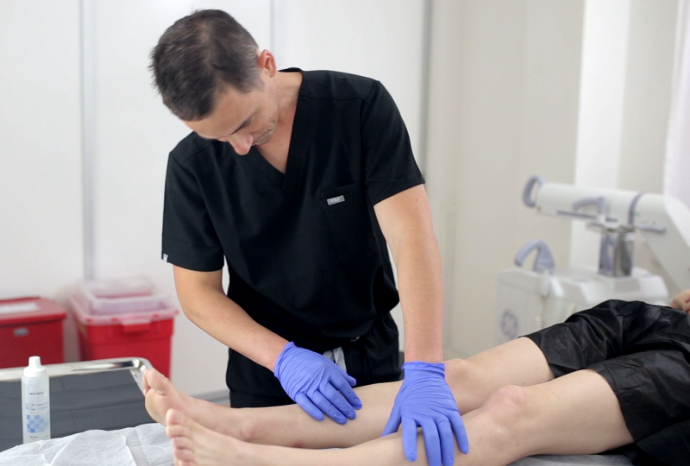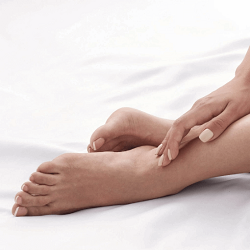What Can A Vascular Doctor Do?
A vein disease is something that makes you rush to a vascular doctor. So if you suffer from varicose veins, you need to see a vein center. Now, What is a vein center? You may come up with this question, so here's the answer a vein center is the department of Cardiovascular Associates specializes in vein disease and treats them with the latest treatment options.
So, your general doctor will probably refer you to a vein venter with a vein care specialist who will advise the treatment options if needed.
Veins in your body play a significant role in the circulatory system as they're the blood vessels that carry the blood that's low in oxygen to the heart and lungs. What type of doctor treats varicose veins? A Vascular doctor can treat your veins diseases that include:
Diagnosing Vascular Disease
When you visit your vein clinic, your vascular surgeon will perform a physical examination and discuss your medical history, lifestyle, and signs to make a diagnosis. Your surgeon may pursue further tests if necessary.
Your doctor may inspect the blood pressure in your arms and ankles and compare them in this evaluation. Many disorders can be diagnosed using ultrasound technology. This examination, frequently used to identify aneurysms, carotid artery disease, and varicose veins create pictures of your blood vessels using sound waves.
Treating Vascular Disease
Your surgeon will plan a treatment for you according to your needs. It depends on the issues you have and how severe they are; this includes the following:
- Some changes in your daily lifestyle, like quitting smoking, staying more active, and preferring healthy meals.
- Ask your doctor for medicines that lower your risk of blood clots.
- Use Compression stocking therapy to help manage symptoms like pain and swelling and increase blood flow.
- Sclerotherapy treatment is suitable for closing the veins and fading them away.
- Thrombolysis treatment dissolves harmful blood clots either through injections or a catheter.
- You can also go for surgery to remove damaged or diseased veins.
What Conditions Do Vascular Surgeons Treat?
A vascular surgeon can treat many conditions that damage the blood vessels in every aspect of your body, leaving your heart and brain. Vascular surgeons have training in diagnosing and managing veins disease affecting all parts of the vascular system, except ailments that affect the vessels within the heart and brain.
Vascular surgeons help aid patients with various conditions concerning the arteries and veins. They treat complications from:
- diabetes,
- blockages in the arteries or veins,
- blood clots,
- aneurysms,
- varicose veins
- and many other vascular diseases.
They have training in open, complex surgery and minimally interfering endovascular methods. Everyone needs different types of surgery, and some require no surgery. They give the best treatment acknowledging your condition. These conditions include:
- Aneurysm a swelling or weakening of the artery
- Atherosclerosis, or hardening of the arteries, is where plaque forms on your artery walls, causing veins to block.
- Deep vein thrombosis (DVT) forms blood clots in a vein deep underneath your skin surface.
- Spider veins, or small webs-like structures of veins just below the skin's surface.
- Varicose veins, or enlarged, twisted veins, bulging on the skin can cause pain or discomfort in your legs, ankles, or feet.
- Ulcerations and not healing wounds occur due to poor blood flow, especially in the legs.
In Conclusion:
Visit your doctor or a vein specialist for vein disease; better to treat them before they worsen.
Call your doctor for more information.
Article Source : https://www.articleentry.com/what-can-a-vascular-doctor-do/


Comments
Post a Comment